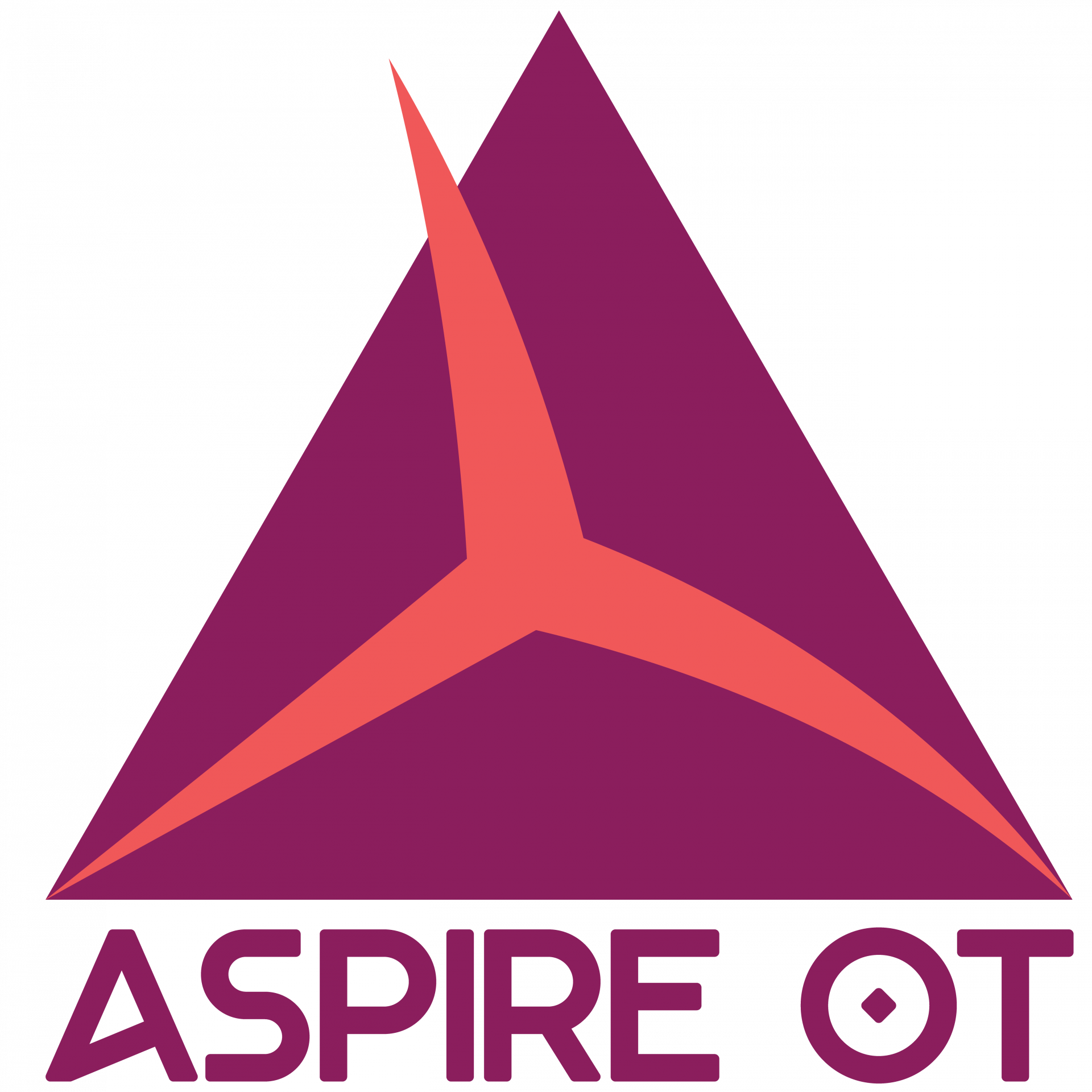Neurodiversity and Employment
This course is free for TNOTA members.
Neurodiversity and Employment
Self Paced Online Course
$20 | 1 Contact Hour
In partnership with the Frist Center for Autism & Innovation, this occupational therapy professional development course discusses un/underemployment in the autistic community, how the neurodiversity movement alters our approach to autism at work, and what we can do to empower neurodivergent adults searching for meaningful employment.
Historically, autism has been understood from a purely deficit-based perspective. Understandably, clinicians have focused almost entirely on how to address the very real challenges of being on the spectrum. However, many autistic people have begun to push back against the idea that having autism is solely a bad thing - instead, they are describing it as a unique set of both challenges and talents (this is called neurodiversity!). For example, lots of folks on the spectrum are gifted in pattern recognition, detail perception, visual thinking, task repetition and more. The Frist Center for Autism and Innovation is the world's first university research center focused specifically using a strengths-based approach to promoting autism and neurodiversity in the workplace. This is desperately needed, because 80% of autistic adults are un- or under-employed! We'll talk about why this number is so high, how the neurodiversity movement alters our approach to autism at work, and what we can do to empower neurodivergent adults who are searching for meaningful employment
Presented by: Claire Barnett

